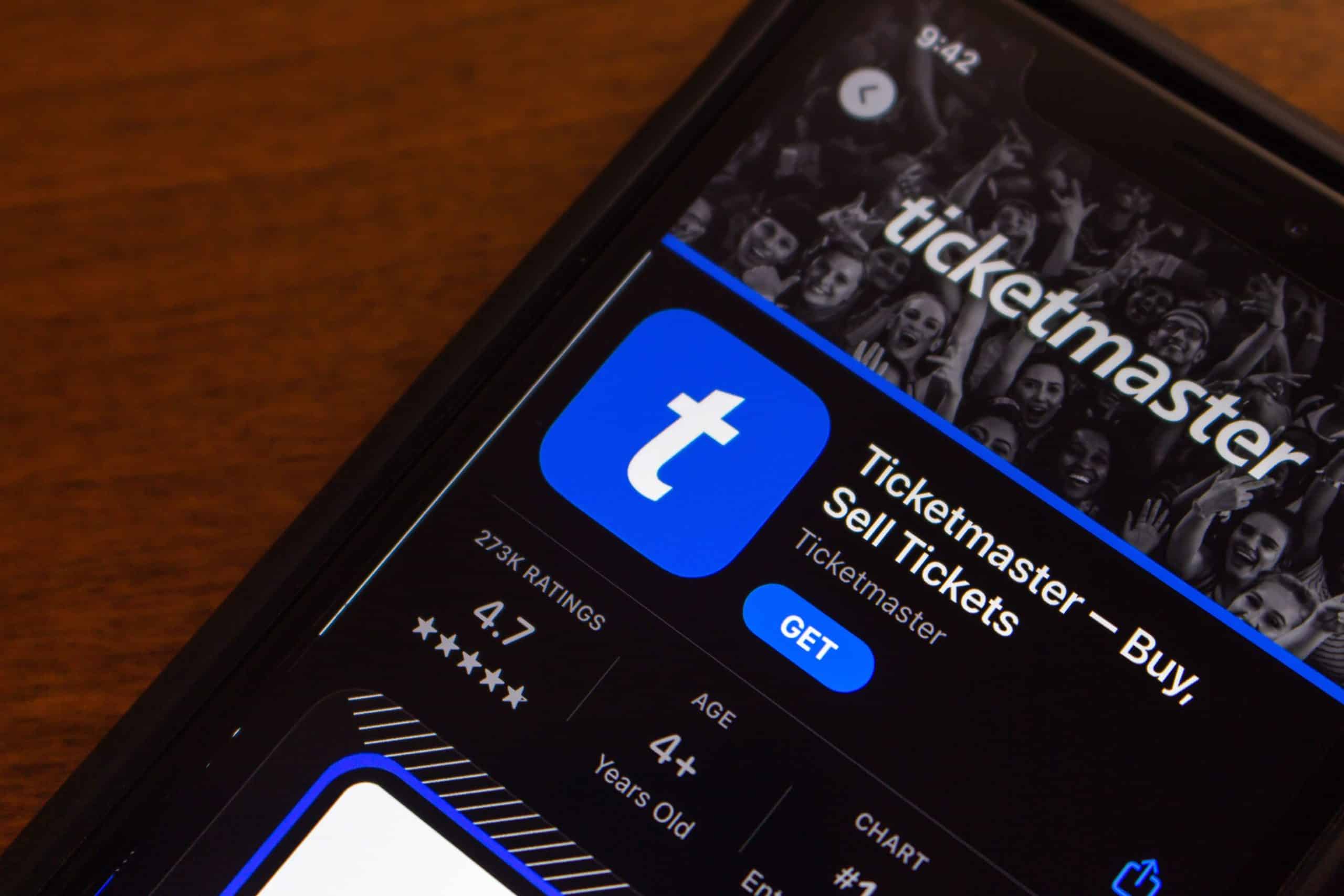The Federal Trade Commission (FTC) is suing a Maryland-based ticket broker named Key Investment Group for allegedly using fake accounts to buy up hundreds of thousands of live event tickets from Ticketmaster and then reselling them for a significant markup, profiting millions of dollars in the process. Here’s everything we know about the case.
In its lawsuit, the FTC accuses Key Investment Group, that also operates as Front Rose Tix, Epic Seats, Totally Tix, and TotalTickets.com, of “using unlawful tactics to exceed ticket purchasing limits for many popular events, including Taylor Swift’s Eras Tour, and resell the tickets at significantly higher prices, generating millions in revenue.”
The FTC accuses the company of violating the Better Online Ticket Sales (BOTS) Act by using a web of spoofed IP addresses, fake accounts, and multiple SIM cards to garner a big chunk of tickets on the Ticketmaster platform. Key Investment Group was therefore able to bypass the security protections on the Ticketmaster platform. In the process, it was able to beat many genuine ticket buyers on the platform who had to turn to it to buy these tickets, obviously at a markup.
While buying tickets with the intent of reselling them is perfectly legal, the FTC accuses Key Investment Group of violating the BOTS Act and FTC Act by “circumventing a security measure, access control system, or other technological control or measure on an internet website or online service that is used by the ticket issuer to enforce posted event ticket limits or to maintain the integrity of posted online ticket purchasing order rules.”
FTC Chairman Andrew N. Ferguson said, “Today’s action puts brokers on notice that the Trump-Vance FTC will police operations that unlawfully circumvent ticket sellers’ purchase limits, ensuring that consumers have an opportunity to buy tickets at fair prices.”
Why do Taylor Swift tickets cost a fortune?
The FTC's new lawsuit filed today says sophisticated scalping operations are partially to blame.
Ticket broker Key Investment Group allegedly bought 273 tickets for 1 Swift show and resold them at a markup.
In total, the FTC says the… pic.twitter.com/a6otPSkmts
— Rob Freund (@RobertFreundLaw) August 19, 2025
FTC Accuses Ticket Broker of Making Millions Through Illegal Means
FTC claims that in just over one year, Key Investment Group made $7 million through these means as it bought tickets for $57 million while selling them for $64 million. It made a cool $1.2 million in 2023 for Taylor Swift’s “The Eras Tour” alone.
Expectedly, Key Investment Group has denied the allegations and says that the FTC “twisted the intent” of the BOTS Act by turning it “into a weapon against legitimate businesses and consumers.”
It added, “Under the FTC’s interpretation, anyone who purchases more than four tickets or uses more than one account could be deemed in violation of federal law.”
The company also took a swipe at Ticketmaster’s apparent monopoly in the US ticketing market. It said, “The case threatens to dismantle the secondary ticket market for live events, further consolidating power in the hands of the industry’s largest monopoly.”
Live Nation Antitrust Case
To be sure, this is not the first major antitrust lawsuit in the ticketing space. Last year, the Department of Justice (DOJ), along with several state and district attorneys general, filed a civil antitrust lawsuit against Ticketmaster and its parent company, Live Nation Entertainment. The lawsuit alleges that the company has an illegal monopoly over the live events industry and has used anticompetitive practices to harm fans, artists, and venues.
Live Nation received a jolt in March when a federal judge denied its motion to dismiss key parts of the lawsuit. The company is also separately facing class action lawsuits from consumers, and in April, a federal judge denied the company’s attempt to dismiss one of these.
The US Ticketing Market Is Likely Rigged
The ticketing market for large events seems rigged against fans. At the heart of the issue lies the dominant market share of Ticketmaster, which is estimated to be between 70%-80% for major concerts. Through its long-term exclusive contracts with most large venues, Live Nation has squeezed the market for smaller players, many of which it has acquired to (allegedly) further reduce competition.
While ticket “scalpers” have existed for over a century, the business is only gaining traction with the growing popularity of digital platforms. It does not help that Ticketmaster holds the dominant market share, where ticket brokers are able to buy tickets in bulk, which they can then sell to buyers on Ticketmaster’s resale platform, leading to more revenues for the Live Nation subsidiary.
The FTC Has Been a Lot More Lenient on Corporates Under Trump
Since President Donald Trump took office, the FTC has been a lot more lenient towards antitrust enforcement for the most part, moving away from the more aggressive stance of the prior administration. This FTC has either dropped or halted many cases and investigations in just its first few months.
These include dropping the price gouging case against PepsiCo, which was accused by the previous administration of providing favorable pricing to Walmart, dismissing the complaint against Grand Canyon University, which was previously accused of deceiving students about the costs of doctoral programs, and dropping the long-standing case against Microsoft’s acquisition of Activision Blizzard.
The FTC was remarkably active under the Joe Biden administration after decades of hibernation. Trump, on the other hand, has vowed fewer regulations, and his administration has been more amenable to M&As. FTC’s actions seem to align well with the President’s policies, even as many fear that it would come at the cost of the US consumer.
That said, Trump has been on a tirade against middlemen and issued an executive order to that effect in March. However, it remains to be seen whether the case against Key Investment Group reaches its logical conclusion or ends up getting dropped.
